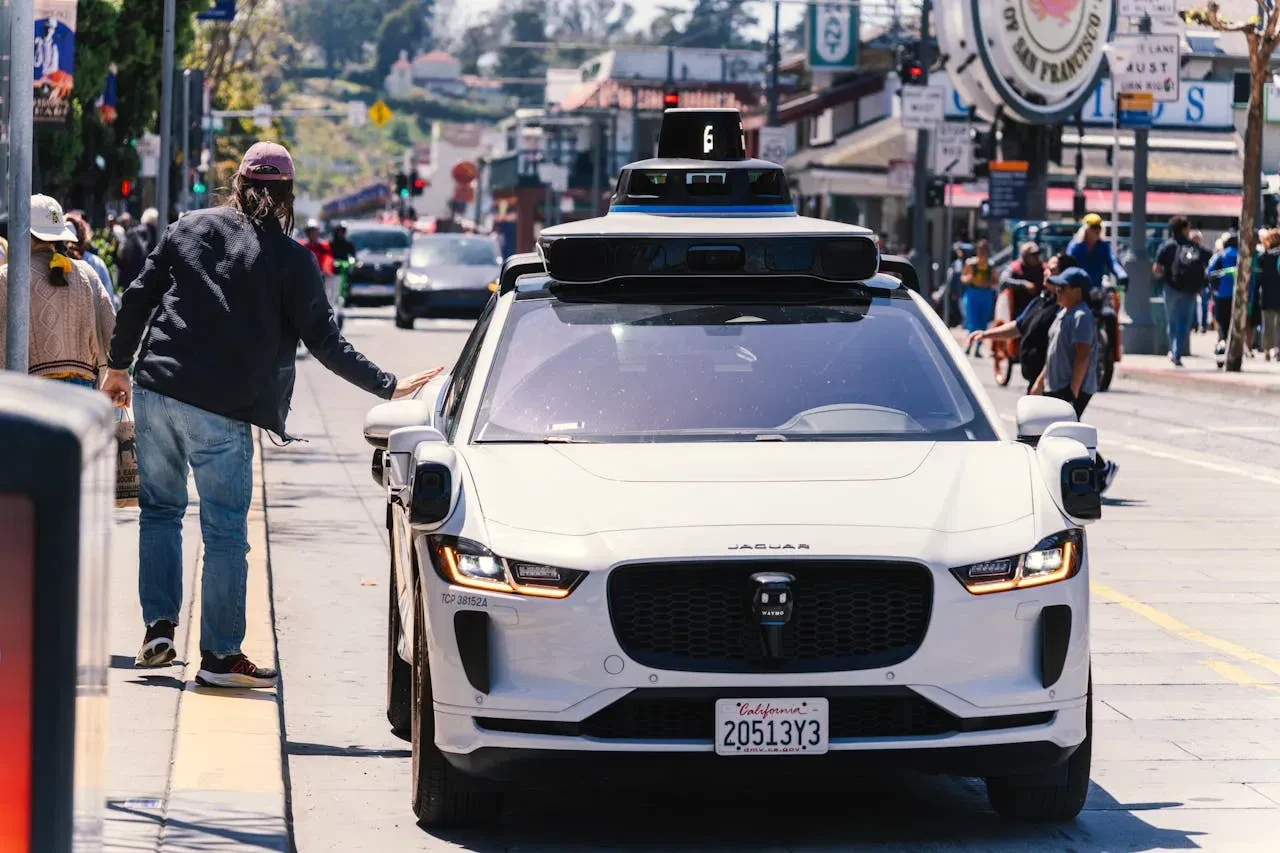The advent of self-driving vehicles marks a significant shift in technology, as renowned companies such as Uber, Lyft, and DoorDash seek to adopt these automated systems for their operations. However, transforming this technology into a common aspect of service delivery will necessitate substantial financial investment.
According to Business Insider, these tech giants have outlined plans to allocate significant resources to advance their autonomous vehicle projects in the upcoming year, as highlighted in their latest quarterly earnings reports. For instance, DoorDash has introduced a delivery robot named Dot, which is capable of navigating city streets and bike lanes independently.
DoorDash's CEO, Tony Xu, made it clear during a recent earnings call that scaling these robotic solutions will not happen overnight and that initial investments are crucial. Despite a downturn in the company's stock following this announcement, the race to integrate autonomous vehicles continues among competitors.
Lyft is moving ahead with plans to establish a depot in Nashville dedicated to self-driving cars, a project expected to cost between $10 and $15 million. Meanwhile, although Uber acknowledges that its self-driving initiatives are currently incurring losses, it remains optimistic about future profitability through increased deployment of these vehicles.
Concerns persist regarding the potential reduction of jobs for human drivers, especially as Black individuals represent a significant portion of the gig economy workforce. Data from the Bureau of Labor Statistics indicates that Black and Latino workers account for 42% of those engaged in app-based jobs, predominantly within services like Uber and Lyft.
With the growth of automated vehicles, those relying on flexible gig work may find it necessary to explore alternative employment options in the near future. As these technological advancements unfold, it's vital to consider their impact on diverse communities and the necessity for proactive measures to ensure equitable opportunities in the evolving job market.
